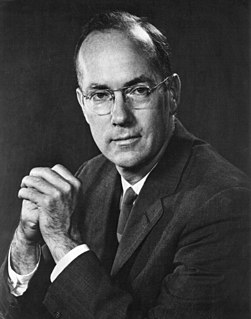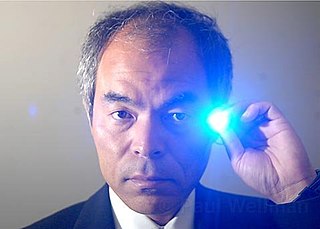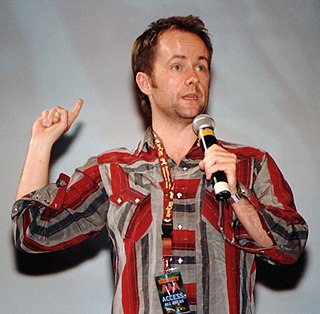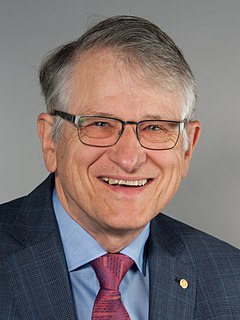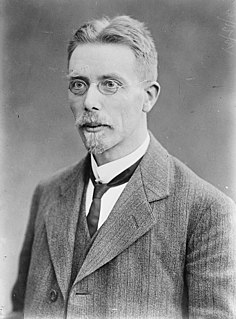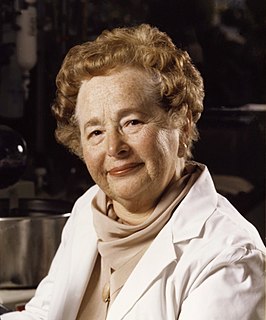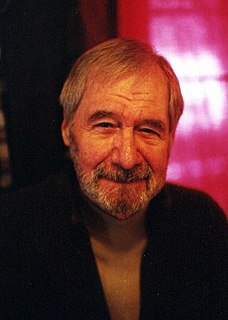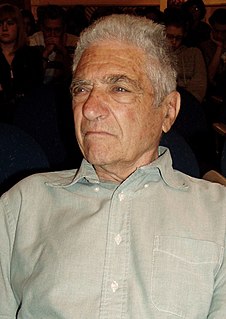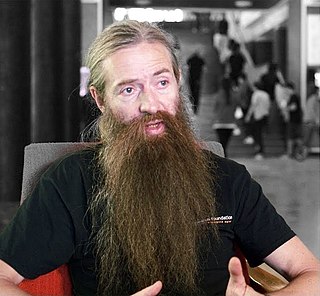A Quote by Charles H. Townes
In many cases, people who win a Nobel prize, their work slows down after that because of the distractions. Yes, fame is rewarding, but it's a pity if it keeps you from doing the work you are good at.
Related Quotes
If you look at the recent Nobel Prize winners, one couldn't say that the work didn't matter and the political commitment did. Who had ever heard of the Egyptian writer Naguib Mahfouz? He is not politically involved. Octavio Paz is a great poet, also not politically involved. The Nobel Prize is for literature, for the quality of work over the years.
National Review once opined, many years ago, that, every year, the Nobel peace prize should go to the U.S. secretary of defense: The American military is the number-one guarantor of peace in the world. But maybe something like a Nobel freedom prize would be a more appropriate award for Reagan than a peace prize.
People ask me often [whether] the Nobel Prize [was] the thing you were aiming for all your life, and I say that would be crazy. Nobody would aim for a Nobel Prize because, if you didn't get it, your whole life would be wasted. What we were aiming at was getting people well, and the satisfaction of that is much greater than any prize you can get.
We suppose that could be considered a hedged position for the awards committee, one that would never occur in the hard sciences such as physics and chemistry, where a prize shared among three with divergent views would be an embarrassing mistake or a bad joke. While a Nobel Prize might well be the culmination of a life’s work, shouldn’t the work accurately describe the real world?
The pretention that some of us are better than others, I don't think is a very good thing. And who is contributing what to our progress in science is not so obvious and many who don't get that Nobel Prize are better than people... than some of us that do get the Nobel Prize. I think we should not be interested in prizes, we should be interested in learning about nature.
